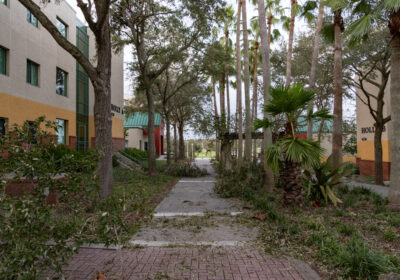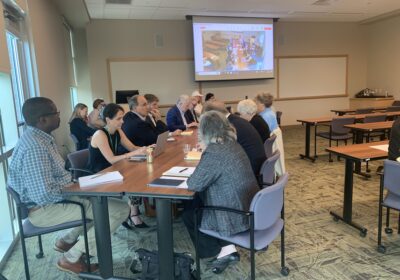Money turns justice into a travesty
It’s not unusual to hear people say there are two justice systems here in America – one that for the wealthy and connected and one for the poor and downtrodden.
One might look to the luxurious house arrest of former International Monetary Fund managing director Dominique Strauss-Kahn for the alleged sexual assault of a hotel maid as an example. Yet, the punishment doled out in one recent Florida criminal case has unequivocally demonstrated the double standard at play.
Ryan LeVin, the son of an extremely wealthy Illinois family, was driving his Porche in Broward County in 2009 when he struck and killed two British businessmen as they were walking.
The prosecution in the case was asking for 10 years imprisonment for the crime, although state guidelines suggest a 20-year minimum. He pled guilty to the two counts of vehicular homicide early this month and the judge in the case, Barbara McCarthy, sentenced him to two years house arrest in his parents’ beachfront Fort Lauderdale condo in exchange for providing the victims’ families with large sums of money in a civil case.
McCarthy heard the trial of another man, Maximo Gordon, last month. Gordon was found guilty of leading police on a chase through a field while riding his ATV. He was charged with aggravated fleeing and eluding. Although no one was hurt and no property was damaged, McCarthy sentenced the man to nearly five years in jail.
What is the difference between the two cases? For starters, the wealthy LeVin hired David Bogenschutz as his attorney. Bogenschutz, it turns out, was McCarthy’s former deputy campaign treasurer. LeVin clearly did his research. Ultimately, though, it was LeVin’s deep pockets that saved him.
McCarthy said during a hearing in the case that the need for restitution of the victims’ families outweighed the need for prison. Translation: LeVin is avoiding jail because he has millions of dollars to give.
Even if Gordon had money, there would be no victim to pay off to avoid jail.
Adding to the outrage is that at the time he committed the double homicide, LeVin was on parole for a high-speed chase in Illinois in which he injured a policeman and two other motorists. He also has a terrible driving history filled with more than 50 infractions.
Clearly, LeVin is a danger to the public safety – it’s logical to assume that, if free, he will continue his long history of driving dangerously.
It is a travesty that he has avoided jail time for the killing of two men on the merit of being wealthy. His case demonstrates without question that the American justice system is not just.
Vince DeFrancesco is a senior majoring in mass communications.






